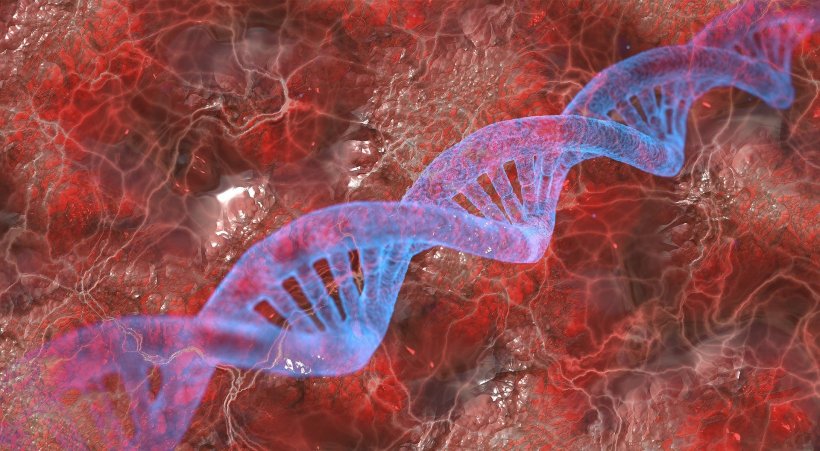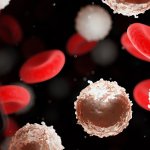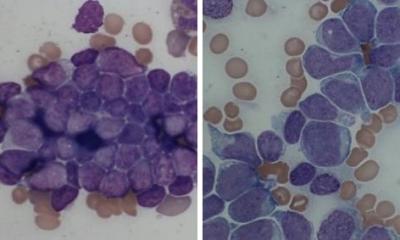
Source: Pixabay/CC0 Public Domain
News • Cancer research
Key function of important leukemia gene demystified
The oncogene EVI1 causes an aggressive type of leukemia, but its exact function has been a mystery. A research team led by scientists from Vienna now showed that EVI1's cancer causing effect relies on activating a single gene — the stem cell transcription factor ERG.
In cancer cells, chromosomes are often broken and reshuffled, which leads to changes in the order and regulation of genes. In our blood system, such rearrangements of chromosome 3 can activate the oncogene EVI1, which causes a particularly aggressive form of acute myeloid leukemia (AML) that is resistant to chemotherapy and incurable in almost all cases. To search for more effective therapies, scientists are trying to understand how EVI1 causes leukemia. However, studying cells with EVI1 rearrangements is difficult, because they grow poorly, both in culture and mice.
"We have many experimental tools to investigate gene functions in cancer, but in the case of EVI1-driven AML, we simply lacked a relevant disease model for using these tools," says Johannes Zuber of the Research Institute of Molecular Pathology (IMP). His lab and the group of Florian Grebien at the University of Veterinary Medicine Vienna partnered in this study.
Eventually and against the odds, Inês Barbosa, then a Ph.D. student in the Zuber lab, succeeded in creating new models of EVI1-driven AML that enabled genetic experiments. Around the same time, the team identified a human leukemia cell line that is dependent on EVI1 — one that Zuber thinks is likely to remain an important tool for future AML research. Once these two models became available, they opened up the opportunity for a systematic investigation of the molecular pathways that involve EVI1.
Recommended article

News • Cell production changes as an early warning
Blood test could predict future risk of leukaemia
A blood test could predict risk of developing leukaemia in the elderly population years in advance by identifying changes in blood cell production, according to new research.
Johannes Schmoellerl, who worked as Ph.D. student in the Grebien lab before joining the Zuber lab as a postdoc, used the "gene scissors" CRISPR-Cas9 to eliminate genes. This allowed him to screen for possible vulnerabilities of EVI1-driven leukemia cells across the entire genome. Together, the team uncovered that the transcription factor ERG is both activated by EVI1 and required for its function in leukemia. ERG is a known oncogene that plays a role in different forms of cancer, particularly in prostate cancer. ERG is part of a group of proteins that contribute to cell proliferation and differentiation, the development of blood vessels, and other processes. Its role in the development of EVI1-driven AML, however, had previously been unknown.
The scientists then tried to find out how important ERG really is in causing this aggressive blood cancer. By then it was clear that ERG was required for this AML to develop, but not whether other proteins were also involved. Therefore, the scientists shut down the EVI1 oncogene in cancer cells and expressed ERG artificially. As a result, the leukemia cells survived, thereby showing that ERG alone is sufficient to compensate for loss of EVI1.
"While there are different mechanisms that can result in EVI1 expression, their main function converges on the activation of one single protein, ERG," says Johannes Schmoellerl. "Finding this direct link between EVI1 and ERG is an important step forward," says Florian Grebien, "Not only for understanding EVI1's role in leukemia, but also for our search for more effective therapies."
Source: University of Veterinary Medicine — Vienna
26.09.2022










